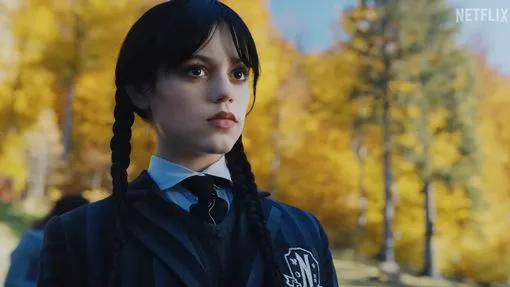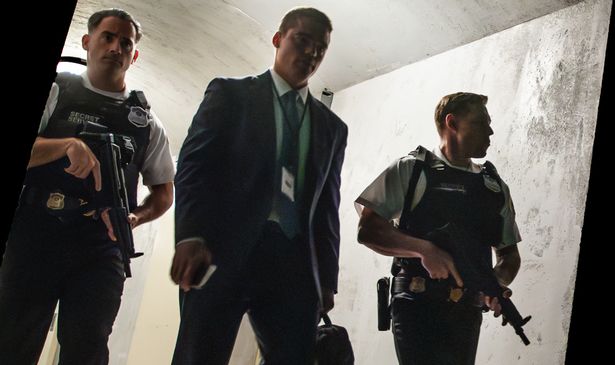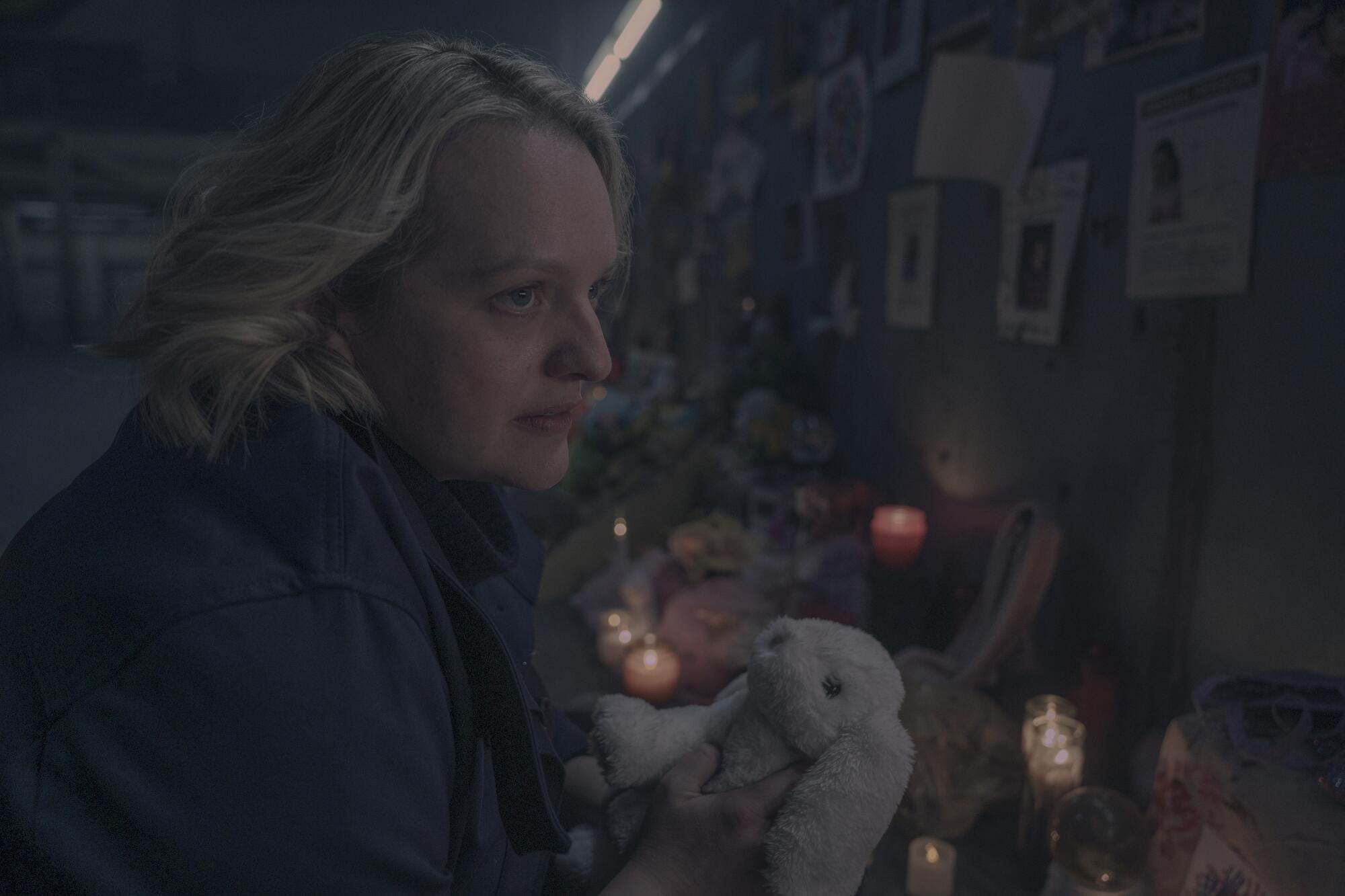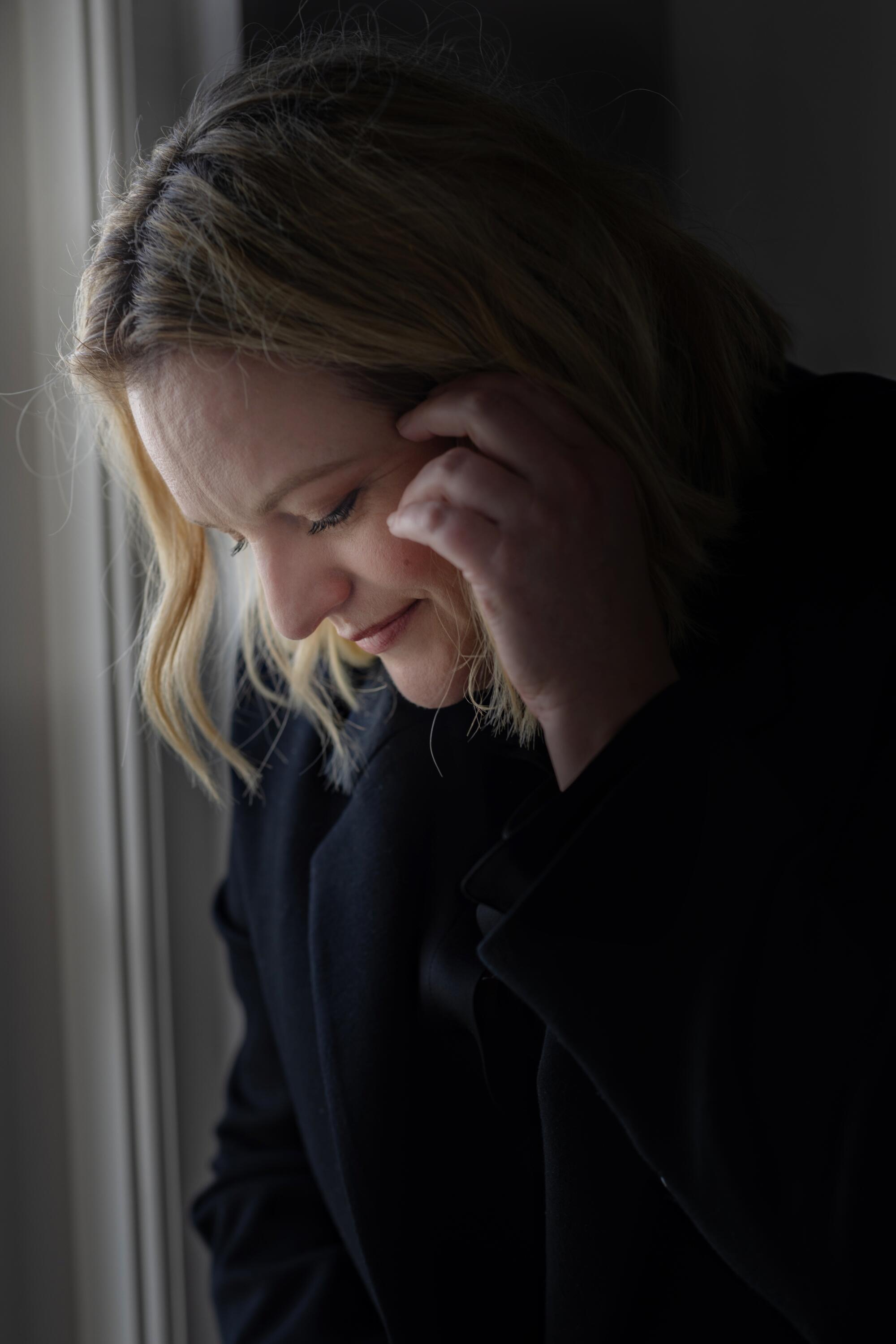An upcoming nuclear war thriller starring an A-list actress is shaping up to be one of Netflix’s best new films of the year
Netflix subscribers have been going wild for a heart-racing trailer teasing what could be one of the best new films of 2025.
The political thriller from acclaimed director Kathryn Bigelow recently premiered at the Venice Film Festival, where it received an incredible 11-minute standing ovation.
Led by Mission: Impossible star Rebecca Ferguson alongside a packed supporting cast of A-listers, A House of Dynamite is a must-watch when it premieres on the streamer this October.
Ferguson portrays Captain Olivia Walker, a communications point for the US Armed Forces who scrambles to respond to an incoming nuclear missile heading towards Chicago.
Idris Elba portrays the President of the United States, with Gabriel Basso, Jared Harris, Tracy Letts, Anthony Ramos, Moses Ingram, Jonah Hauer-King, Greta Lee and Jason Clarke filling out the stellar cast.
A House of Dynamite is filmmaker Bigelow’s first film in almost a decade following her acclaimed 2017 historical drama Detroit. She has previously released hit films such as Point Break and Zero Dark Thirty.
The first trailer for the film dropped this Wednesday (3rd September) and film fans are already getting goosebumps over this timely take on an impending nuclear disaster.
One YouTuber user raved in the comments: “Probably Netflix’s best trailer.
“They showed just enough for me to not know what’s going on, but pulls me in enough to want to watch to see what happens.”
“That is an example of a fantastic trailer, I get the concept but know nearly nothing more and still managed goosebumps. Wow,” someone else gushed.
Another fan claimed: “Possibly the best trailer I have ever seen. Can’t wait to watch this!”
Watch Wednesday on Netflix for free with Sky

Sky is giving away a free Netflix subscription with its new Sky Stream TV bundles, including the £15 Essential TV plan.
This lets members watch live and on-demand TV content without a satellite dish or aerial and includes hit shows like Wednesday.
Viewers have also praised the decision to use a sample of scientist Carl Sagan’s Pale Blue Dot to narrate the trailer.
“As soon as I heard Carl Sagan the tears started to fall and I will be there in theaters opening weekend!” someone exclaimed.
Another said: “This is how a Netflix trailer should be, not long that it spoils the whole movie. That Carl Sagan Voiceover is chilling.”
While another fan was particularly impressed by the taste of the film’s score, replying: “Volker Bertelmann giving us chills yet again. Wow. What a trailer.”
The thriller currently has an impressive 89 percent score on Rotten Tomatoes, so it’s definitely one to add to the top of your Netflix watchlist this autumn.
A House of Dynamite will be released Friday, 24th October on Netflix.




